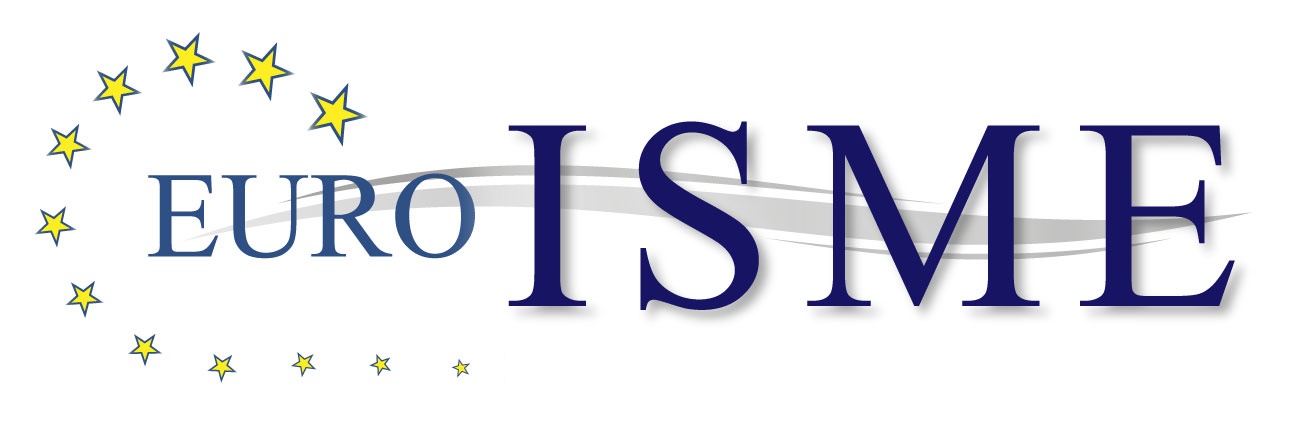Understanding War: Beyond Competing Narratives
By Dragan Stanar, Board Member, Euro-ISME
More than a century ago Bertrand Russell wrote that “the question whether war can be justified, and if so under what circumstances” simply forces itself upon everyone inclined to thinking. Unfortunately for all such people, there are not many things (if any) that represent as intricately complex and difficult a phenomenon for any sort of moral evaluation as war. Perhaps the prime reason why it is so arduous to properly morally evaluate war is that we first need to understand it. In our quest to understand and evaluate war we naturally rely on reason, expecting to find causal and/or teleological determinism in all matters concerning this tragic phenomenon. But, here lies one of many problems. As Berdyaev noted, war is an expression of the irrationality of life, an “experimental refutation of a rationalist understanding of history”. Every war can rationally be avoided, but nations still continue, and will continue, to fight – this implies that one party, if not all parties, act very irrationally at some point in time.
This is precisely why war epitomizes the utmost unpredictability and uncertainty, uncontrollable disorder and accelerated entropy further fueled by Clausewitzian “friction”. And, this is also why the most rigid of narratives are generated in war, in an attempt to “bring chaos to order”, as Euro-ISME Board member Patrick Mileham recently wrote. This is an attempt to endow chaos with rational meaning. Once a war narrative is created and adopted, events can only be explained scholastically, within its framework, by those who accept and perpetuate it. War narratives tend to simplify exceedingly complex historical circumstances into easily comprehensible situations which can then be quickly and effortlessly morally evaluated. But, whenever a complex and deeply perplexing phenomenon, such as war, seems so conveniently simple to morally evaluate, all those “inclined to thinking” should be alarmed and concerned.

Unsurprisingly, war narratives inherently emerge in dialectic pairs. The ongoing war in Ukraine is by no means an exception. For one side, the narrative is that Russia acted out of necessity, almost preemptively, not only in order to prevent genocide of Russians in Ukraine, but also to prevent an imminent attack on its soil and a war of much larger proportions. The deductive-explanatory power of this narrative is immense – the only possible explanation for the coming genocide and destruction of Russia is that Ukraine has become a puppet Neo-Nazi state and that the Cold War never actually ended for NATO, especially the USA. Thus, American leaders are prone to deceit and cynicism, while the Ukrainian leadership is so ideologically corrupt that it is capable of repeating the most atrocious crimes of WWII. Neither Americans nor Neo-Nazi Ukrainians must never be trusted nor negotiated with. Everything Ukrainian forces do in war is aimed at destroying basic civilizational values. Moreover, every other non-Western nation should fear a similar scenario at their doorstep at some point. Ordinary Ukrainian people are being held hostage by the in-power Neo-Nazis. Obviously, no effort is needed for the moral evaluation of any aspect of war in Ukraine – clearly, one side is entirely blameworthy and they must be defeated at all costs.
For the other side, the unanimous narrative is that Russia committed an unprovoked aggression on Ukraine. The deductive-explanatory power of this narrative is no less. As the Russian attack was completely unprovoked, unreasonable, and almost arbitrary, the only explanation is that Vladimir Putin is a dangerous mentally-deranged imperialistic despot. As such, he is prone to deceit, cynicism, and unpredictable outbursts of brutal violence, and must never be either trusted or negotiated with. Everything Russian forces do in war is aimed at the destruction of basic civilizational values. Moreover, every other European nation should equally fear Russia’s equally unprovoked aggression. Ordinary Russian people are being held hostage by Putin’s dictatorship. Again, no effort is needed here for moral evaluation of any aspect of war in Ukraine – clearly, one side is entirely blameworthy and they must be stopped at all cost.
Both narratives create their own “invisible ontology” with a Manichean image of war at its core. Both narratives facilitate an epistemologically and ethically comfortable position in which we obviously know who is just. Given that we already know, it could be perceived as redundant, unwelcome, or even insulting to further investigate and discuss it. But does humanity actually gain anything from such simplifications and reductions of profoundly complex and convoluted historical events performed for the sake of “easier” moral evaluation? How can moral evaluation of war precede us truly understanding it? The answer is – it cannot. It is our duty, as military ethicists and as “people inclined to thinking”, to analyze and investigate who acted irrationally, when and why they did so, and drove us all to the irreversible point of February 24th 2022. It is our sacred calling to seek the roots and causes of these irrationalities, whether they be found in fear, mistrust, personal flaws, or misjudgments of the weakness of enemies, hubris, arrogance, or even mental illness! This would enable us not only to properly morally evaluate all aspects of war in Ukraine but to see beyond the competing narratives, which can actually hinder peace efforts and prolong war, and thus diminish the likelihood of any similar future wars. Is there anything more valuable and profoundly noble an organization can do?
Credits: Photo by Javier Allegue Barros on unsplash [cropped]
